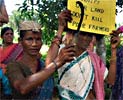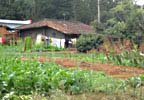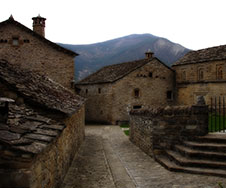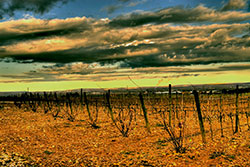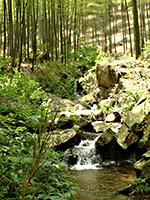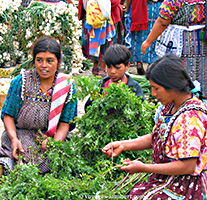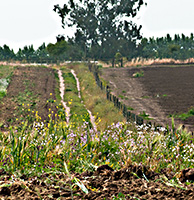A village in Aragon, Spain – 1937
The village priest no longer understands
I don't understand that boy. I mean, for a long time he has ceased to be a boy, but I do vividly remember how I baptised him. As a child he often came to chat with me. So friendly! For a moment, pastor Mosén Milán smiles. Then, he continues with his prayers. But soon his mind wanders again. Later on the boy became an altar boy. Perhaps it all started there. Once I took him with me to give extreme unction to a dying man. It was a farm labourer who lived in a cave. Paco was completely appalled by the poverty. I soothed him by saying that the man would go directly to heaven, because God loves the poor. And that he would be happy there forever.
Two years ago I consecrated his marriage. It was a great party. We ate delicious stuffed partridge. Everyone was joyful, everyone loves Paco. He really is a good-hearted boy. He is from a small farmer's family, but he doesn't look down on upon farm labourers. Quite the opposite. He often talked with me about the caves. That they should be abolished, and that the poor should get houses from the municipality. Sometimes his fantasy was running wild.
And suddenly the whole country was in turmoil. The king fled the country. There was a new government in Madrid. In the municipal elections only small farmers were elected. Paco was one of them. We heard that a new law was passed, that the aristocracy had to give up their land to the villages. “The pasture land which we have to rent every year from that duke who lives far away, is now ours, it belongs to the village,” Paco said. I explained him that it had been like that for four hundred years, and that you surely could not abolish the land tenure system easily. But he didn't listen to me.
Pastor Milán sighs deeply. He still sits on his prayer chair, and holds his head in his hands. Rumour has it that groups of men from the city with clubs and guns come to the villages to 'purge' them, as they call it. That they beat peasants to death who sympathise with the new government. I hope that nothing bad will happen to Paco, he is such a kind boy – well, actually, a man.
_______________________
Source
Requiem for a Spanish Peasant (1953) is a beautiful and terrible short novel from the Spanish writer Ramon J. Sender, about life in a small village in times of change.
Go to:
= the next page: Father Sebastião - North-east Brazil – 1938, story 95.
= the Table of contents, story 94.
